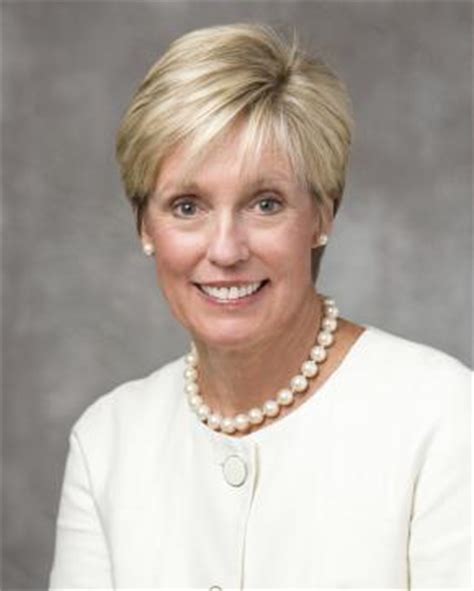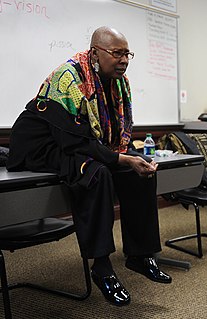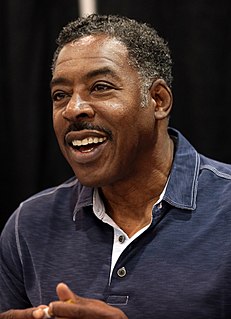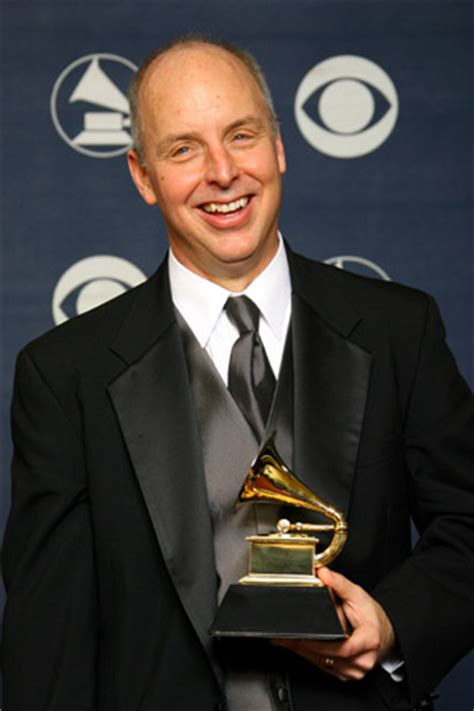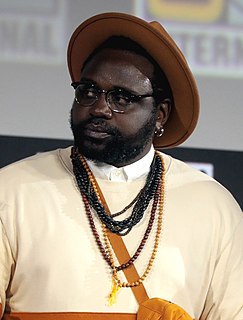A Quote by Forest Whitaker
I think that cinema and the arts are central in our lives because we grow up and learn about the world through our exposure to stories. Parents use them as a tool to teach their children fundamental truths and values, much as adults can view them to gain exposure to cultures and individuals that they'd never be able to view in their own lives.
Related Quotes
When we give thanks in all things, we see hardships and adversities in the context of the purpose of life... We are meant to learn and grow through opposition, through meeting our challenges, and through teaching others to do the same... the Lord will not only consecrate our afflictions for our gain, but He will use them to bless the lives of countless others.
The rest-the vast majority, tens of thousands of days-are unremarkable, repetitive, even monotonous. We glide through them then instantly forget them. We tend not to think about this arithmetic when we look back on our lives. We remember the handful of Big Days and throw away the rest.
We organize our long, shapeless lives into tidy little stories...But our lives are mostly made up of junk, of ordinary, forgettable days, and 'The End' is never the end.
We don't think much about how our love stories will affect the world, but they do. Children learn what's worth living for and what's worth dying for by the stories they watch us live. I want to teach our children how to get scary close, and more, how to be brave. I want to teach them that love is worth what it costs.
The world will teach our children if we do not, and children are capable of learning all the world will teach them at a very young age. What we want them to know five years from now needs to be part of our conversation with them today. Teach them in every circumstance; let every dilemma, every consequence, every trial that they may face provide an opportunity to teach them how to hold on to gospel truths.
What we can do is to live out our lives as best we can with purpose, and love, and joy. We can use each day to show those who are closest to us how much we care about them, and treat others with the kindness and respect that we wish for ourselves. We can learn from our mistakes and grow from our failures. And we can strive at all costs to make a better world.
We read novels because we need stories; we crave them; we can’t live without telling them and hearing them. Stories are how we make sense of our lives and of the world. When we’re distressed and go to therapy, our therapist’s job is to help us tell our story. Life doesn’t come with plots; it’s messy and chaotic; life is one damn, inexplicable thing after another. And we can’t have that. We insist on meaning. And so we tell stories so that our lives make sense.
Although we like to think of young children's lives as free of troubles, they are in fact filled with disappointment and frustration. Children wish for so much, but can arrange so little of their own lives, which are so often dominated by adults without sympathy for the children's priorities. That is why children have a much greater need for daydreams than adults do. And because their lives have been relatively limited they have a greater need for material from which to form daydreams.
It requires something more than personal experience to gain a philosophy or point of view from any specific event. It is the quality of our response to the event and our capacity to enter into the lives of others that help us to make their lives and experiences our own. In my own case my convictions have derived and developed from events in the lives of others as well as from my own experience. What I have seen meted out to others by authority and repression, economic and political, transcends anything I myself may have endured.
Children grow rapidly, forget the centuries-long embrace from their parents, which to them lasted but seconds. Children become adults, live far from their parents, live their own houses, learn ways of their own, suffer pain, grow old. Children curse their parents for their wrinkled skin and hoarse voices. Those now old children also want to stop time, but at another time. They want to freeze their own children at the center of time.
Acting really started for me because I was in a house full of adults. They never shielded their lives from me. They were adults going through this world doing what they had to do. I used to like to watch them and imitate them. They all have their own distinct personalities; even though they're family, we couldn't be more different people.





